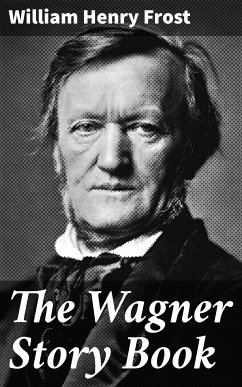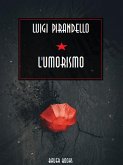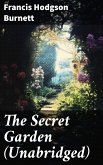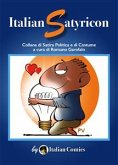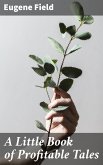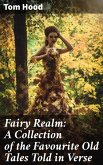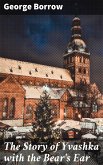In "The Wagner Story Book," William Henry Frost artfully adapts key narratives from Richard Wagner's legendary operas into a format accessible to both children and adults. Written in a lyrical prose style that echoes the grandeur of Wagner's own musical themes, this collection captures the essence of epic tales such as "The Ring of the Nibelung" and "Tristan und Isolde." Frost'Äôs nuanced storytelling provides readers with a rich understanding of the operatic context, while the vivid imagery and character-driven plots invite readers into an enchanting world where love, betrayal, and heroism prevail amidst a backdrop of mythical landscapes. William Henry Frost was a prominent literary figure in the late 19th century, known for his passionate engagement with the arts and a deep-seated admiration for Wagnerian opera. His background in music, coupled with his expertise in literature, enabled him to translate complex operatic themes into a cohesive narrative suitable for a wider audience. This blend of cultural knowledge and artistic ambition motivated Frost to create a work that not only entertains but also educates readers about Wagner'Äôs monumental contributions to the world of opera. "The Wagner Story Book" is highly recommended for both Wagner enthusiasts and casual readers alike. It transcends age barriers, making it an excellent addition to family libraries while also serving as a resource for educators. Frost's engaging prose captivates the imagination, ensuring that readers will gain insight into the profound emotional landscapes that define Wagner's operatic masterpieces.
Dieser Download kann aus rechtlichen Gründen nur mit Rechnungsadresse in A, B, BG, CY, CZ, D, DK, EW, E, FIN, F, GR, H, IRL, I, LT, L, LR, M, NL, PL, P, R, S, SLO, SK ausgeliefert werden.

